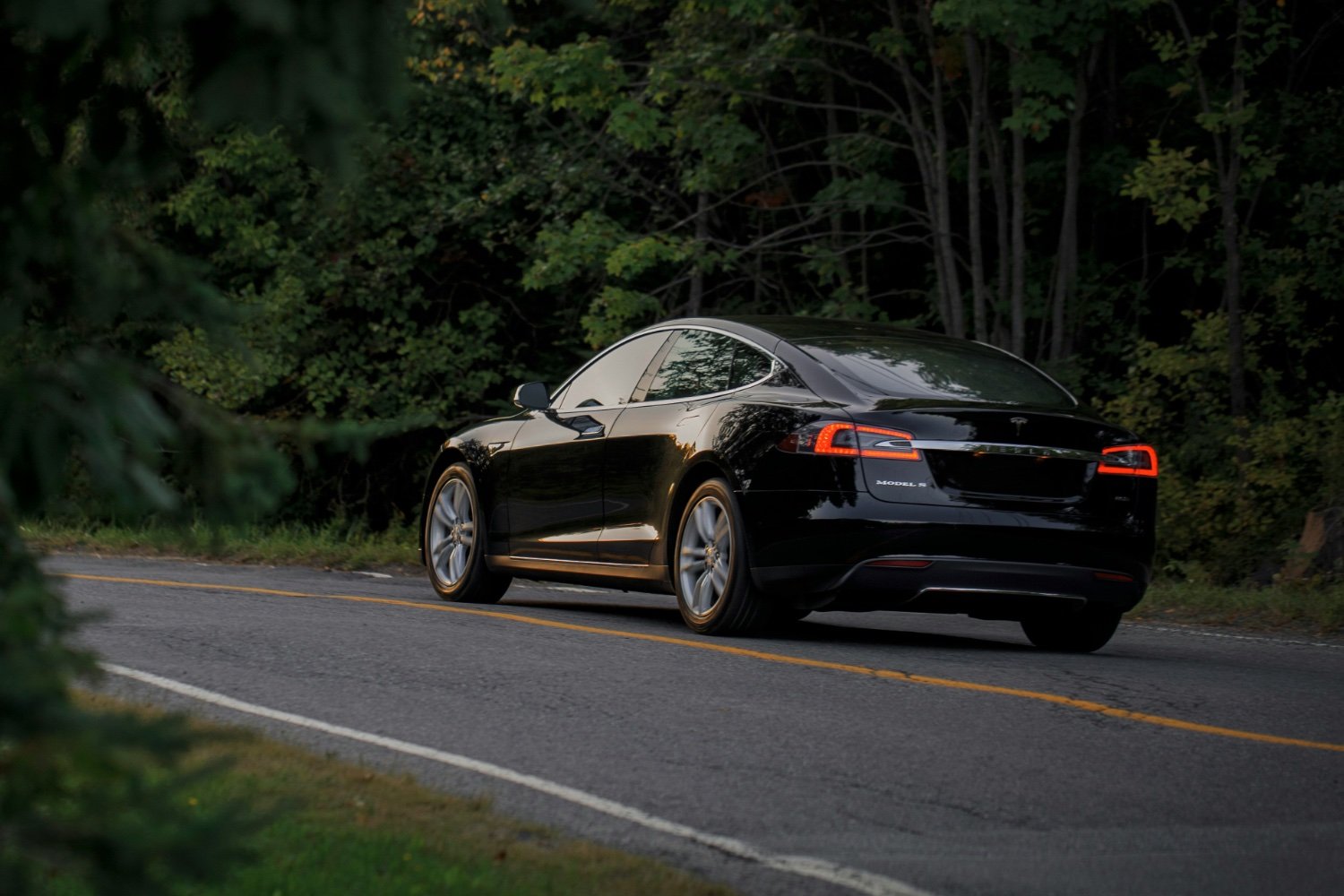The study from Geotab, a company specializing in fleet management and telematics data, confirms significant advances in the longevity of electric vehicle batteries. By analyzing nearly 1.5 million days of data from 5,000 electric cars, both fleet and private, the company found that the average annual battery degradation now stands at 1.8%. This rate is a marked improvement compared to the 2.3% observed in a similar study in 2019.
Slower battery degradation
David Savage, Geotab’s vice president for the UK and Ireland, agrees that ” a degradation of just 1.8% is unlikely to have a significant impact on drivers’ daily needs “. However, this shows that “ the reliability of EV batteries is much greater than previously thought. »
He adds that these results should reassure drivers and address criticism that often highlights the perceived weakness of batteries compared to internal combustion engines. David Savage explains: “ These figures will likely improve further with new generations of electric vehicles and technological advances. »
A degradation rate of 1.8% means that after 20 years, an electric car battery would retain around 64% of its initial capacity. For a Tesla Model Y Long Range, for example, this would translate into a residual range of around 329 km, still more than sufficient for urban or short-distance journeys.
The Geotab study also highlights that widely used electric vehicles do not necessarily suffer from accelerated battery degradation. On the contrary, intensive use can even maximize the value of the vehicle over time. Additionally, internal combustion engine components degrade at a faster rate than modern EV batteries.
However, several factors directly influence battery health. Chief among them is room temperature. Vehicles with active cooling systems, like the 2015 Tesla Model S, have lower degradation rates than those with air cooling systems, like the Nissan Leaf from the same year. Air-cooled batteries degrade at a rate of 4.2% per year, which is much higher than the 2.3% of liquid-cooled batteries.
How vehicles charge also plays a key role. Geotab recommends maintaining charge levels between 20% and 80% to extend battery life. Frequent exposure to high temperatures, as well as rapid DC charging cycles, can also accelerate degradation.
🟣 To not miss any news on the WorldOfSoftware, , .


/cdn.vox-cdn.com/uploads/chorus_asset/file/25532395/STK204_JD_VANCE_B.jpg)









